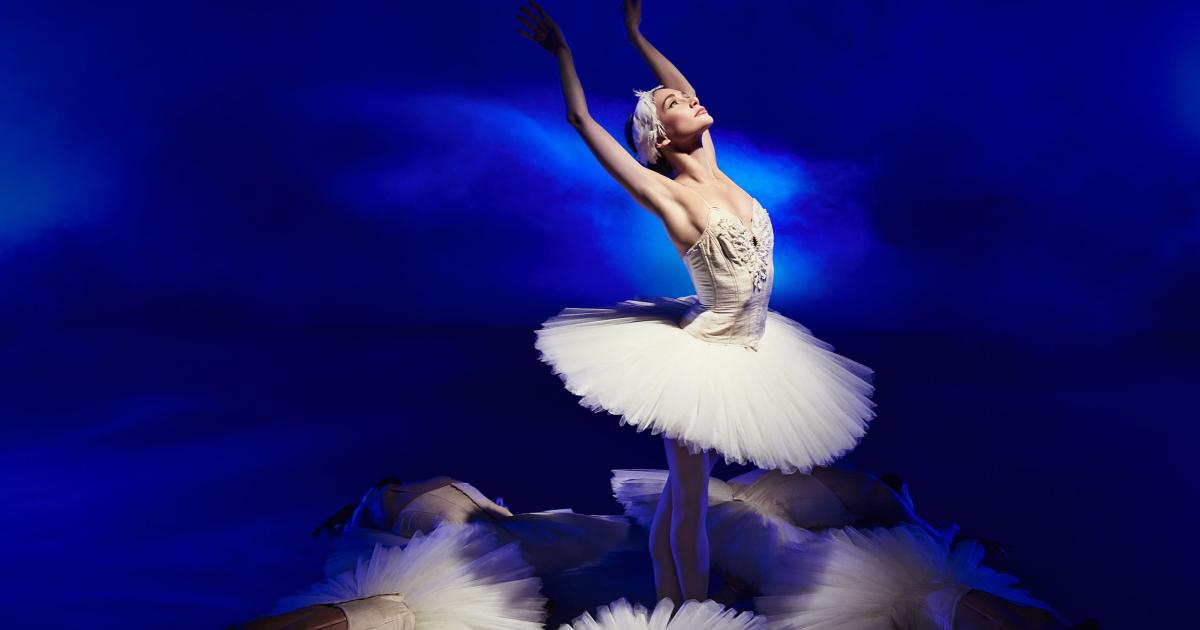OK, it's not exactly a night at the opera as such, but maybe of interest...
This is happening now and until the end of the month: in an open-air amphitheatre on London's South Bank, and with a floodlit Tower Bridge in the background, a four-part "family-friendly" drama based on The Ring with each section around fifty minutes long, fairly freely adapted and translated from Wagner's text. It starts at 6pm and admission is free.
I found it fascinating but not entirely successful (but then what Ring is?) but it's staged with huge energy, ingenuity and enthusiasm by a small cast with lots of doubling and tripling and written with some clever narrative touches. Some of the changes grated a little: when Wotan's ravens can be beautifully evoked by puppets, why is there no Woodbird? The ghost of Sieglinde popped up instead, to inform her son about Brünnhilde. To refer throughout to the dwarfs as "Trolls" (to avoid giving offence, according to the programme) seems unduly sensitive. And one major and important plot point was simply ignored altogether. But a splendid evening overall and I'm glad I went.
This is happening now and until the end of the month: in an open-air amphitheatre on London's South Bank, and with a floodlit Tower Bridge in the background, a four-part "family-friendly" drama based on The Ring with each section around fifty minutes long, fairly freely adapted and translated from Wagner's text. It starts at 6pm and admission is free.
I found it fascinating but not entirely successful (but then what Ring is?) but it's staged with huge energy, ingenuity and enthusiasm by a small cast with lots of doubling and tripling and written with some clever narrative touches. Some of the changes grated a little: when Wotan's ravens can be beautifully evoked by puppets, why is there no Woodbird? The ghost of Sieglinde popped up instead, to inform her son about Brünnhilde. To refer throughout to the dwarfs as "Trolls" (to avoid giving offence, according to the programme) seems unduly sensitive. And one major and important plot point was simply ignored altogether. But a splendid evening overall and I'm glad I went.


 .
.
Comment